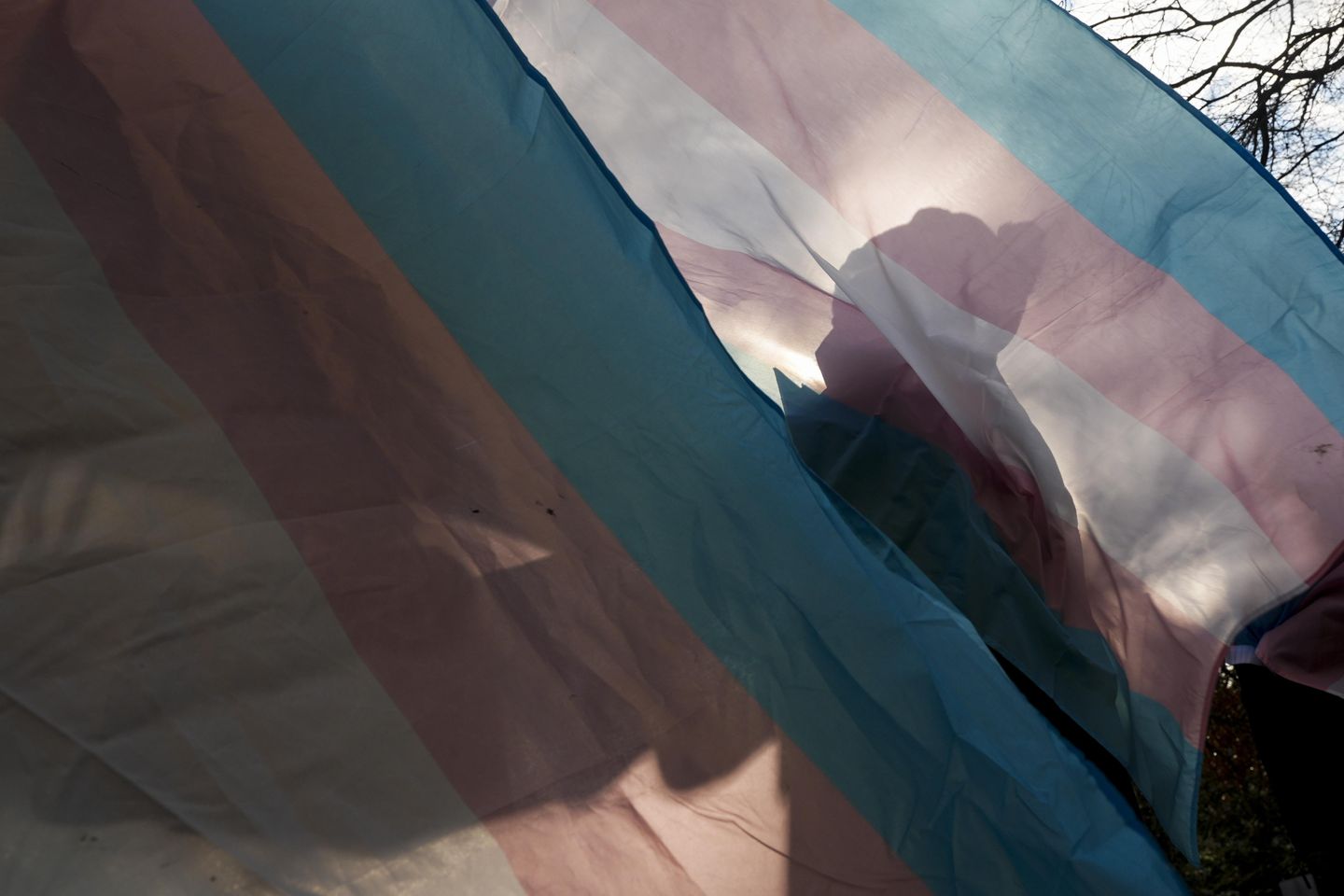
A federal judge has rebuffed a transgender athlete’s bid to dismiss a challenge to Idaho’s women’s sports law, ruling that it would be “fundamentally unfair” to drop the five-year-old case as it sits on the brink of a Supreme Court decision.
Chief U.S. District Judge David C. Nye said the court “struggled with the correct outcome in this matter,” but ultimately agreed to grant Idaho Gov. Brad Little’s motion to strike the dismissal request filed by former Boise State track athlete Lindsay Hecox.
“While a Plaintiff is the master of his or her complaint, the Plaintiff is still bound by principles of fairness and economy,” said Judge Nye in his 12-page opinion issued Tuesday. “The State of Idaho has defended this case vigorously for years. It would be fundamentally unfair to abandon the issue now on the eve of a final resolution.”
The 2020 lawsuit, Hecox v. Little, is one of two cases now before the Supreme Court that center on whether states may prohibit males who identify as female from participating in female scholastic sports.
Ms. Hecox won a 2020 preliminary injunction preventing Idaho from enforcing its Fairness in Women’s Sports Act, a decision upheld by 9th U.S. Circuit Court of Appeals, but filed a Notice of Voluntary Dismissal shortly after the Supreme Court agreed to take the case in July.
A male who identifies as female, Ms. Hecox said she no longer wishes to pursue college sports and faces significant personal challenges – as well as a desire to avoid negative publicity – while critics accused the plaintiff of seeking to avoid a high-court defeat.
Ms. Hecox has also asked the Supreme Court to dismiss the case, but the high court has not yet ruled.
Idaho Attorney General Raul Labrador cheered the decision, pointing out that the state has spent years defending its law since becoming the first to pass a ban on transgender athletes in female sports.
“From day one in office, defending this law has been a top priority because Idaho’s daughters deserve fair competition based on biological reality,” Mr. Labrador said in a Wednesday statement.
“The district court has ruled that after years of litigation, Idaho has earned the right to present our case to the nation’s highest court. This decision keeps our lawsuit alive, and I won’t stop until women and girls are safe to compete, participate, and excel in competitive sports,” he said.
After a transgender athlete won before the Ninth Circuit in blocking an Idaho law, the Supreme Court granted review. Hecox clearly did not like the prospects and sought to withdraw the case before the Court could rule. Judge Nye just denied that effort. https://t.co/drJnvkfbNg
— Jonathan Turley (@JonathanTurley) October 15, 2025
In his opinion, Chief Judge Nye said a dismissal would leave in place the injunction preventing Idaho from enforcing its 2020 law.
“A dismissal at this stage without a vacatur of the Ninth Circuit’s related decisions — which this Court does not have the authority to impose and which Hecox does not request — would leave these critical questions in limbo,” he said in the ruling. “Idaho has secured a writ of certiorari. It has a fair right to have its arguments heard and adjudicated once and for all.”
He added that “Hecox (and similarly situated individuals), as well as the citizens of Idaho, deserve to have these important legal questions answered.”
If the case were dropped, the Supreme Court would still be able to consider the second case, a challenge to West Virginia’s ban on transgender athletes in female sports brought by transgender teen Becky Pepper-Jackson, who participates in girls’ high school track.
While the arguments are similar, the Idaho and West Virginia cases are not identical, said Chief Judge Nye.
“While the West Virginia case will, by all accounts, continue before the Supreme Court, the two states’ laws and the two cases are slightly different,” said the ruling. “Simply put, the parties and the public have a vested interest in finality on the issues presented in this case.”
Jonathan Turley, professor at George Washington University Law School, said Wednesday that “Hecox clearly did not like the prospects on appeal and sought to withdraw the case after the granting of certiorari.”
He said the high court has grappled previously with “litigants gaming the system to pull out of an appeal just before the Court could rule,” calling it a “bait-and-switch” scenario.










